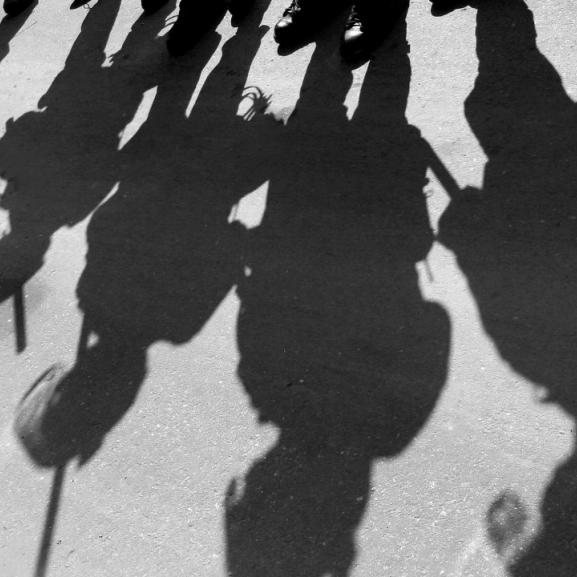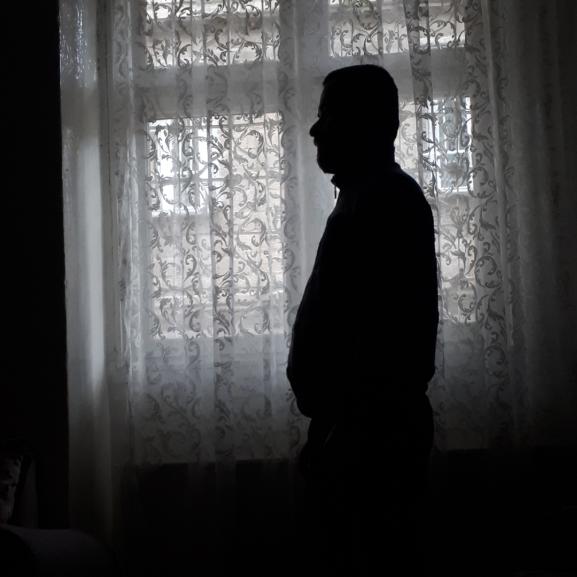Britain must scrap "no torture" deal with Jordan
The Medical Foundation is calling on Britain to rescind the memorandum of understanding that it has with Jordan allowing for the return of Islamic terror suspects following a UN report that torture there is "widespread and routine."
The Special Immigration Appeals Commission has ruled that radical Muslim cleric Abu Qatada can be returned home because of a "no torture, no ill treatment agreement" Britain has reached with the Jordanian authorities.
Judges ruled that there is "no real risk of persecution" of the appellant, described in the ruling as a "significant international terrorist" were he now to be returned, "with the safeguards and in the circumstances which now apply to him."
Home Secretary, John Reid said he regarded the ruling as the first judicial recognition of the government's strategy of trying to reach such memorandums of understanding in order to deport 30 foreign terror suspects on national security grounds.
So far memorandums have been reached with Libya, Lebanon, and Jordan, while diplomatic assurances have also been given by Algeria that it will not torture detainees.
In Jordan's case, it is only a matter of weeks since Manfred Nowak, United Nations special rapporteur for torture, said torture was widely used there, particularly against terror suspects, with the security forces operating with impunity.
"The practice of torture is widespread in Jordan, and in some places routine, namely the General Intelligence Directorate (GID), the Public Security Directorate's Criminal Investigation Department, as well as Al Jafr Correction and Rehabilitation Centre," Nowak said in a report.
He cited consistent and credible allegations that torture was used at GID headquarters "to extract confessions and obtain intelligence in pursuit of counter-terrorism and national security objectives" and at CID headquarters, also in Amman, to extract confessions in routine criminal investigations.
Torture is punished by a maximum prison term of three years, but no Jordanian official has been prosecuted for the crime, according to his 38-page report.
A Medical Foundation spokesman said the international ban on torture was absolute, as was the ban on returning people to countries where they might face torture. "These principles must be upheld, no matter what an individual is accused of," said a spokesman.
"The place to weigh evidence against an individual is in a court of law, not behind the scenes. If there is insufficient evidence to try an individual, then that should be the end of the matter. Spiriting a person out of the country to another state with a suspect human rights record serves only to undermine the rule of law."





